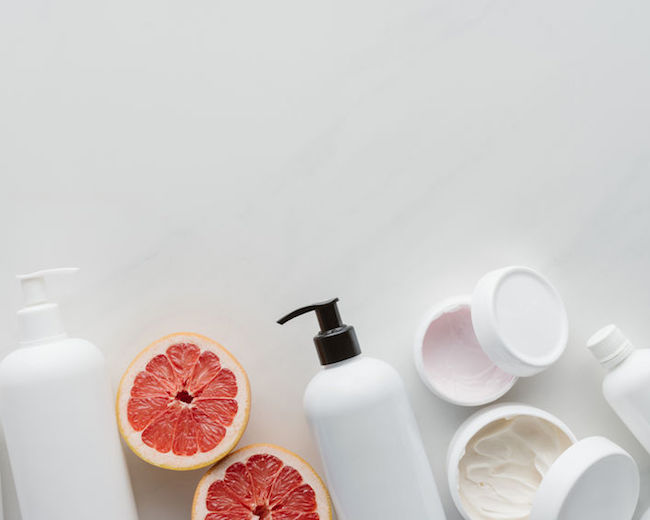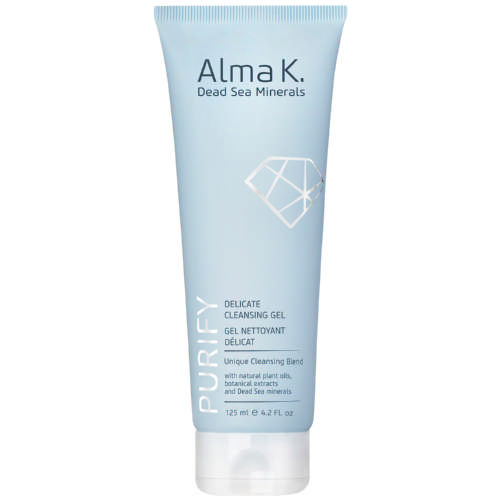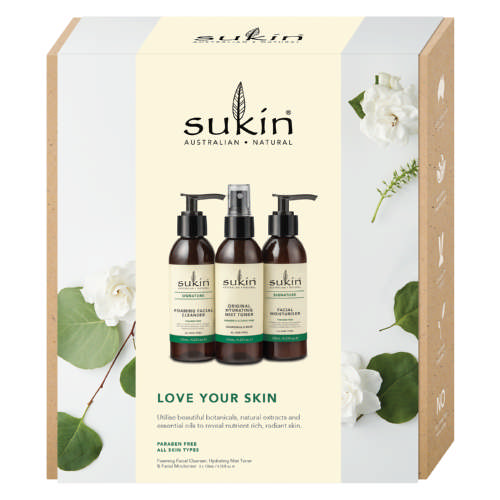Our ultimate guide to vegan skincare
Vegan skincare is arguably the beauty industry’s biggest buzzword, with an increasing number of women looking for ways to reduce their carbon footprint and live cleaner, more conscious lives.
The rising popularity of vegan skincare has seen the demand for alternatives to animal-derived ingredients increase dramatically, and, thankfully, we’re fortunate to live in an age where making this monumental lifestyle shift for the good of the planet, is possible, practical and – even preferable. Interested to see how you can make the switch to vegan skincare? Keep reading.
What is vegan skincare?
Let’s start with the basics: Vegan skincare refers to products that do not contain any animal, animal-derived or animal-by products.
Now, one of the most common mistakes people make is to confuse vegan skincare with cruelty-free skincare. The difference is that cruelty-free skincare is not tested on animals in any way at any stage of production. This includes the process of making the final product as well as during the manufacturing of each individual ingredient.
While vegan skincare is almost always cruelty-free, cruelty-free skincare is not always vegan.
Vegan skincare takes the “live clean, harm none” philosophy a step further and includes a wide range of skincare products including vegan cleansers and vegan masks, that do not contain any animal-derived or animal by-products.
Let’s look at a few examples of common animal and animal by-products you will want to avoid if you are focusing on creating a vegan skincare routine.
Common non-vegan ingredients used in skincare and beauty products
Beeswax and honey
For millennia, the beauty industry has relied on the production of beeswax and honey as a staple ingredient in skincare products. But, vegan skincare steers clear of using any ingredient that is an animal by-product. For vegans, affecting the balance of life within the world’s bee colony is too much of a risk to take, so it’s a no-go.
Lanolin
This ingredient is derived during the production of sheep’s wool and is used to create a sheen when applied to a surface - so its use in products like lip gloss and moisturisers has become increasingly common. In the vegan skincare industry, there are too many viable alternatives to warrant the use of this animal by-product in any beauty treatment.
Collagen
Collagen, which is known for its ability to plump skin and strengthen tissue, is derived from animal bones, skin and scales. Currently, it is used as an ingredient in products such as skin oils, but it is also ingested orally in powder form.

Alma K Dead Sea Minerals Delicate Cleansing Gel // Skinny Tan Gradual Tanner // Sukin Love Your Skin Pack // The Body Shop Tea Tree Skin Clearing Foaming Cleanser
Vegan ingredient alternatives
Coconut oil
As one of nature’s most popular miracle-working ingredients, coconut oil is used in a range of products from vegan make up removers to vegan night creams. Coconut oil is an effective moisturiser that forms a protective layer on the skin’s surface, helping to prevent moisture loss and giving the skin a healthy glow.
Aloe vera
Sensitive skin loves aloe vera. As another industry crowd-favourite, you’ll find aloe vera in vegan toners and vegan sun care. It’s fragrance- and colour-free, helping to soothe inflamed skin and maintain the skin’s delicate pH balance. It’s particularly effective in helping treat scorched, sunburned skin.
Tea tree oil
Now here’s an ingredient that many industry experts swear by. Say goodbye to using harsh chemicals to combat breakouts because tea tree oil does it the natural way. As an anti-bacterial and anti-fungal ingredient, tea tree oil is used in vegan face washes and other products that need to work hard to give your skin a deep cleanse without causing damage.
How do you know if a product is vegan?
Thinking of trading your favourite sun protection for vegan face sunscreen, but don’t know where to start? The first step towards making this shift is to understand exactly what’s going into the skincare you choose.
And everything you need to know is on the label. These days, brands will make explicitly clear whether they are vegan, because so many consumers are searching for these earth- and animal-conscious alternatives.
Most brands also ensure that they have the endorsements of international vegan product grading councils and organisations, so look out for the Vegan Society logo or Leaping Bunny symbol on the back of products, which means that the product has generally passed a strict vetting process.
Living a more conscious life begins with taking a few more minutes to do some research and empower yourself by learning more about what goes into the products you use to take care of your skin.
IMAGE CREDIT: 123rf.com
Products featured in this article
-
Alma K Dead Sea Minerals
Delicate Cleansing Gel 125ml
R 40.00 -
The Body Shop
Himalayan Charcoal Purifying Facial Soap 100g
R 55.00 -
Skinny Tan
Gradual Tanner 125ml
R 300.00 -
Sukin
Love Your Skin Pack
R 104.00 -
The Body Shop
Nicaraguan Coffee Intense Awakening Mask 75ml
R 325.00





